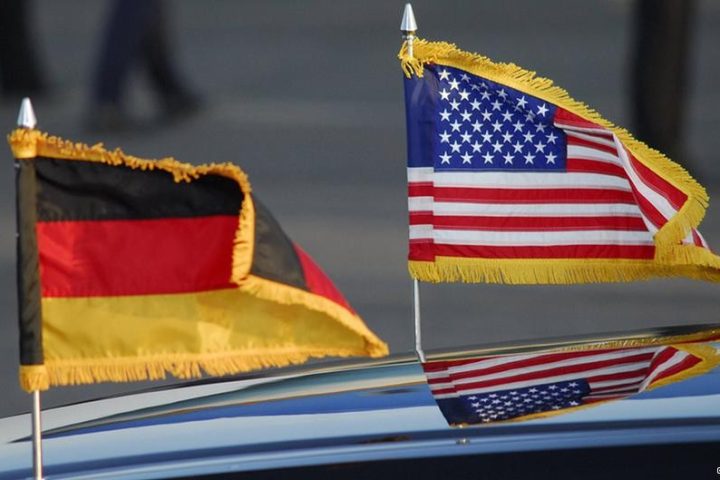Pistorius gave information about the restructuring plans in the German Armed Forces at a press conference in Berlin with the Chief of the German General Staff Carsten Breuer and Undersecretary of the Ministry of Defense Nils Hilmer.
Reminding that he gave the instruction to work on proposals for the structural reform of the army about 5 months ago, Pistorius noted that a decision was made on this issue today and that he signed the signature on the restructuring of the army.
“Our common goal is the restructuring of the German army so that it is best positioned in case of emergency, in case of defense and in case of war,” Pistorius said, adding that they want the German army to be effective.
Stating that the German Armed Forces will have a joint “Operations Command” and “Support Command” in this structuring, Pistorius stated that it is envisaged that operational management and planning in the German Armed Forces will be carried out from one hand in the “Operations Command”.
Pistorius said that decisions would be taken faster and that the “Operations Command”, which would also take on the planning task, would be the interlocutor for NATO and ministries and states.
Action will also be taken against hybrid threats
Sharing the information that the Cyber and Information Field Force (CIR) will be added to the structure of the German army alongside the air, land and naval forces, Pistorius stated that this new force is important for the security of the army and will operate against hybrid threats as well as protection from cyber attacks.
Pistorius noted that the “Support Command” will play a role in logistics, medical services, defense against nuclear, chemical and biological weapons, civil-military relations and cooperation between military units.
Stating that the possible reintroduction of compulsory military service was also taken into consideration in the restructuring, Pistorius said that he had various options for compulsory military service examined and that the report would reach him in mid-April.
Pistorius stated that he gave the German Armed Forces 6 months to implement the necessary reforms.
Pointing out that they want to make the German army ready for the future, Pistorius said, “We all know that the threat situation in Europe is intensifying. We are defending our country and our allies and with this step we are making it clear that no one should have the idea of attacking us as a NATO territory.”
Defense Minister Pistorius asked for this to be reflected in a convincing and realistic way, saying that this could be achieved if the army was restructured as outlined.
In Germany, where compulsory military service was abolished in 2011, there are 181 thousand soldiers. The German government aims to increase this number to 203 thousand by 2031. Due to the aging population and the lack of qualified labor force in the country, there are difficulties in finding personnel to do military service and it is stated that the number targeted for 2031 will not be reached.
Pistorius had previously called the abolition of conscription a “mistake”, pointing out that it was not something that could be quickly reintroduced.





